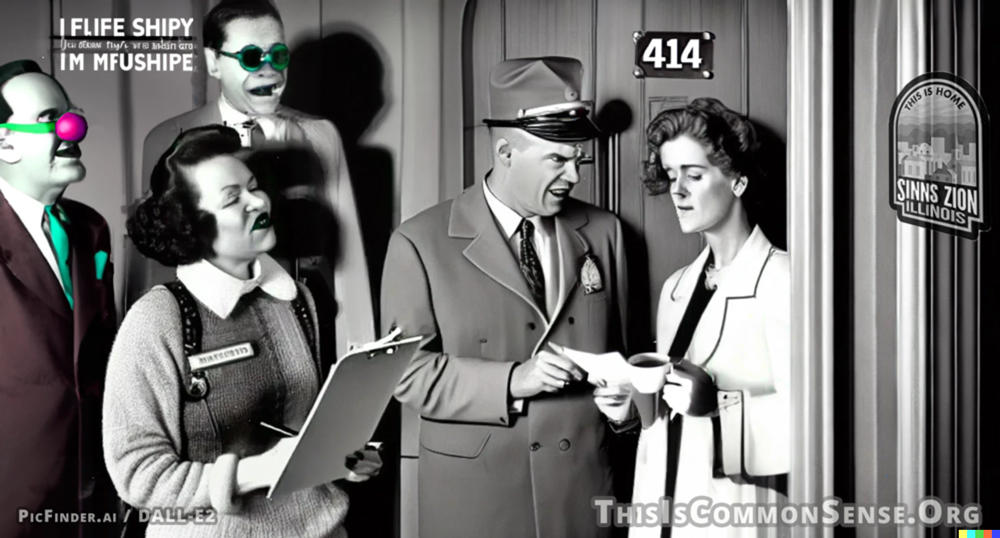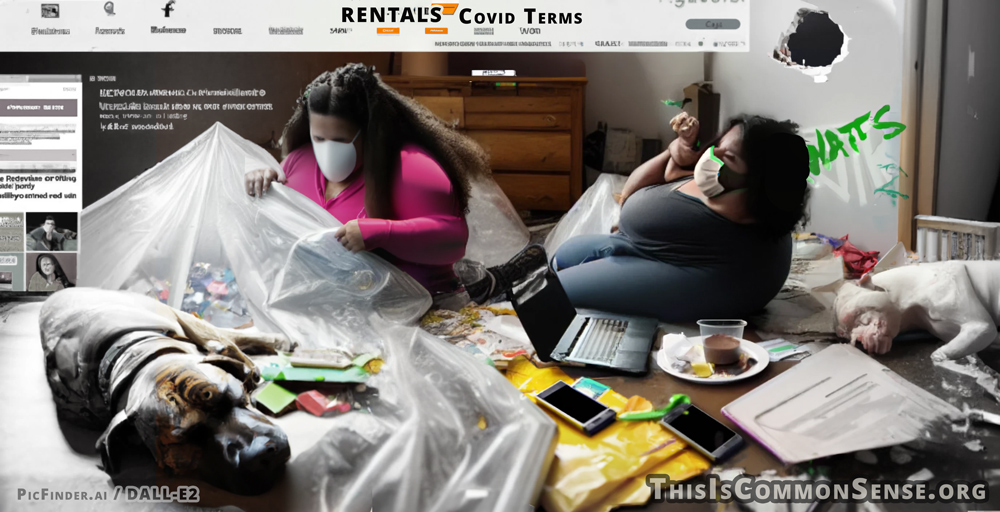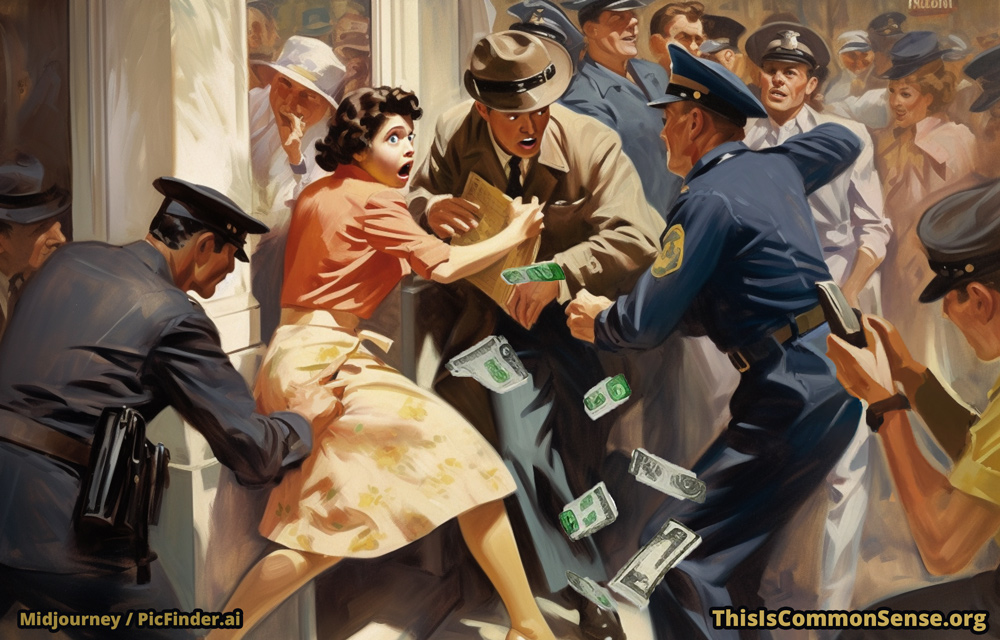Geraldine Tyler lived long enough to see the U.S. Supreme Court rule against those who robbed her. She is 94.
On May 25, 2023, the Court determined in a 9 – 0 ruling that Hennepin County, Minnesota, is not constitutionally entitled to pocket the entire sale-price value of a condo in massive excess of the property taxes that Geraldine Tyler owed on the property when the government seized it for unpaid taxes.
Including penalties and interest, Tyler had owed about $15,000. But after selling the condo for $40,000, the county government seemed to think that $25,000 was a reasonable brokerage fee.
Pacific Legal Foundation, which represented Tyler in the case, argued that the county violated the Takings Clause of the Constitution by taking private property for public use “without just compensation.”
The Court agreed, saying that exploiting the debt “to confiscate more property than was due” effected “a ‘classic taking in which the government directly appropriates private property for its own use.’ ”
The ruling also rejects the county’s argument that Tyler somehow forfeited her constitutional rights by failing to pay her property taxes.
The same day, PLF also won another huge victory in the U.S. Supreme Court when the Court ruled that the EPA does not have limitless authority to block property owners from building on their own land if the agency chooses to designate a soggy part of the land a protected “wetland.”
Two for two. Not a bad batting average.
This is Common Sense. I’m Paul Jacob.
Illustration created with PicFinder.ai and DALL-E2
—
See all recent commentary
(simplified and organized)





